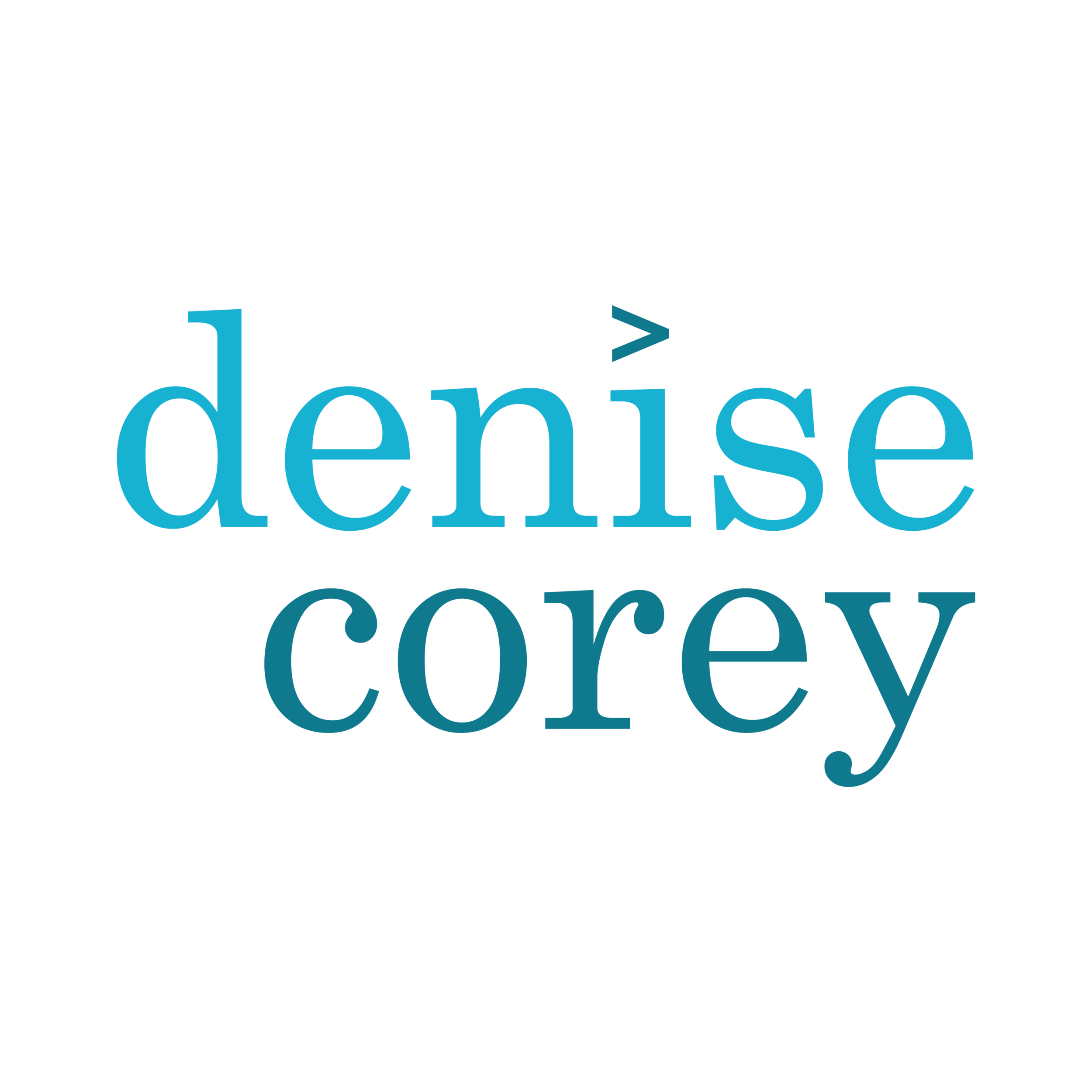Personal branding is consciously creating the narrative of your skills, talents, and experience. It is how you claim your expertise and how you want to be seen. It may be an overused term—but that doesn’t mean it’s not essential.
The following two articles can help you understand the power of developing a personal brand.
“How Women Can Develop and Promote Their Personal Brand”
Dorie Clark, one of my favorite business thought leaders, makes a strong case for personal branding:
We all know developing a personal brand is valuable since a strong reputation can put you on the radar for exciting career opportunities. It’s far more likely you’ll be tapped for relevant and interesting assignments when your talents are well understood. Sylvia Ann Hewlett at the Center for Talent Innovation learned that cultivating your personal brand is one of the best ways to attract a sponsor — and professionals with sponsors are 23% more likely than their peers to be promoted. Your brand is also a powerful hedge against professional misfortune.
Take a few minutes and read the complete article.
“Capture Your Personal Brand in One Sentence”
Abby Locke distills her experience as an executive career marketing strategist for senior-level professionals and C-level executives into several key steps we can all use to develop and disseminate our personal brands. Check out her advice in full.
Homework!
With this insight into what a personal brand is and how to cultivate it, take some time to think about what you want your personal brand to be. Draw on the self-reflection you did before and during our first session: what strengths do you want to emphasize? What qualities did others highlight? Over the course of a few days, jot down the things that are important to you (on your phone, in a Word document, on that piece of paper floating around your car). Once you feel happy with your list, start drafting statements that capture these elements. As you experiment to come up with a couple of different versions, think about the following:
Use active voice. This is one way to signal that you are a doer and a leader.
Play around with sequence. The order of the elements in your statement impacts their relative importance, both to you and to potential employers.
Think about tone. Your personal brand statement shouldn’t sound like a deep dive into a thesaurus. It should sound like you (in a professional setting).
Your statements don’t have to be perfect, and you don’t have to memorize them. We’ll work together to hone a statement that will create a mental template that you can riff on in conversations with employers.
